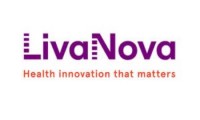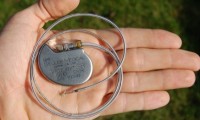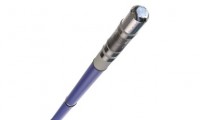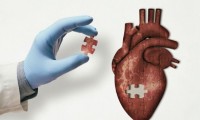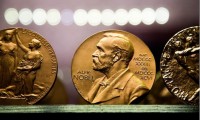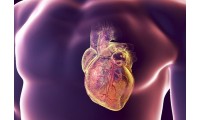-
Henry Schein reports more disruption as cyberattackers take credit
- Source: drugdu
- 206
- November 29, 2023
-
Another medtech reports a cybersecurity incident
- Source: drugdu
- 99
- November 24, 2023
-
Olympus receives Class I recall label for another bronchoscope safety issue
- Source: drugdu
- 147
- November 16, 2023
-
Major trial finds apixaban reduces stroke risk in patients with device-detected atrial fibrillation
- Source: drugdu
- 107
- November 15, 2023
-
J&J links radiofrequency catheter to improved quality of life in atrial fibrillation study
- Source: drugdu
- 96
- November 9, 2023
-
FDA warning letter accuses Wavi of selling unapproved neurological device
- Source: drugdu
- 218
- November 3, 2023
-
Judge grants preliminary approval to Philips class action settlement
- Source: drugdu
- 161
- October 14, 2023
-
Haemonetics inks $253M OpSens buyout, adding cardiology guidewires to portfolio
- Source: drugdu
- 110
- October 13, 2023
-
Lumicell co-founder wins Nobel Prize in Chemistry
- Source: drugdu
- 134
- October 7, 2023
-
Study finds mixed results for mobile health app in cardiac rehabilitation
- Source: drugdu
- 105
- September 28, 2023
your submission has already been received.
OK
Subscribe
Please enter a valid Email address!
Submit
The most relevant industry news & insight will be sent to you every two weeks.


